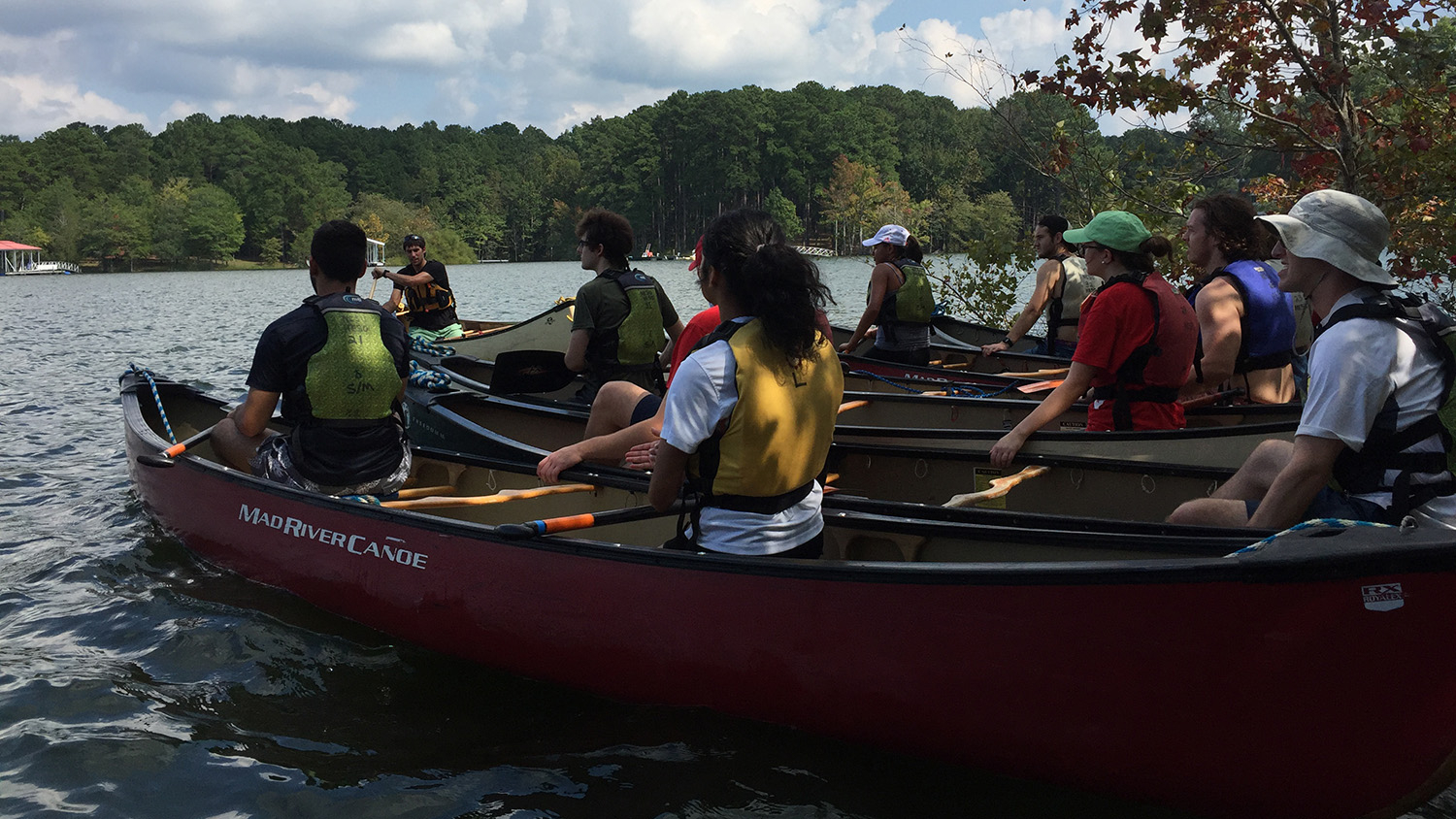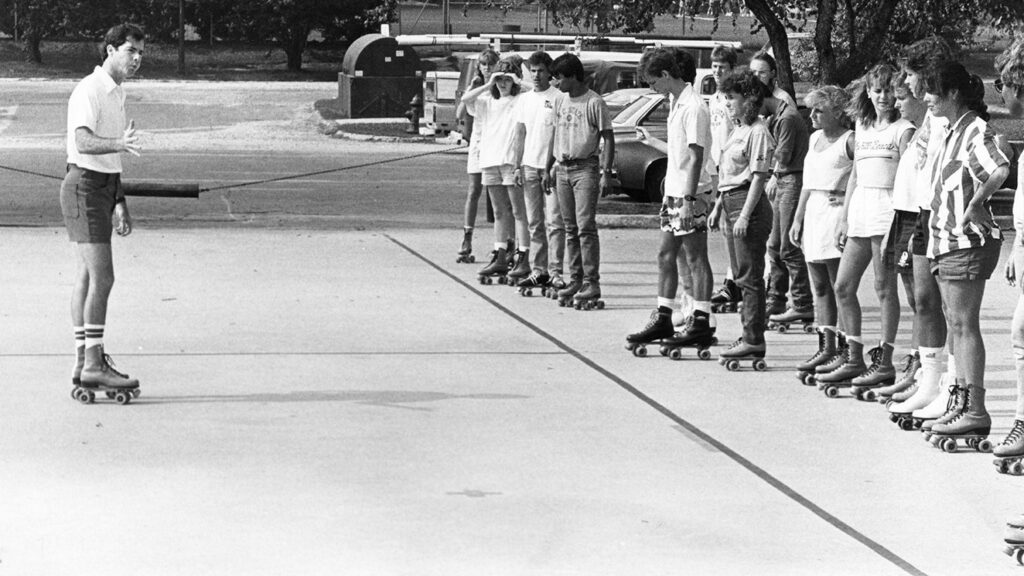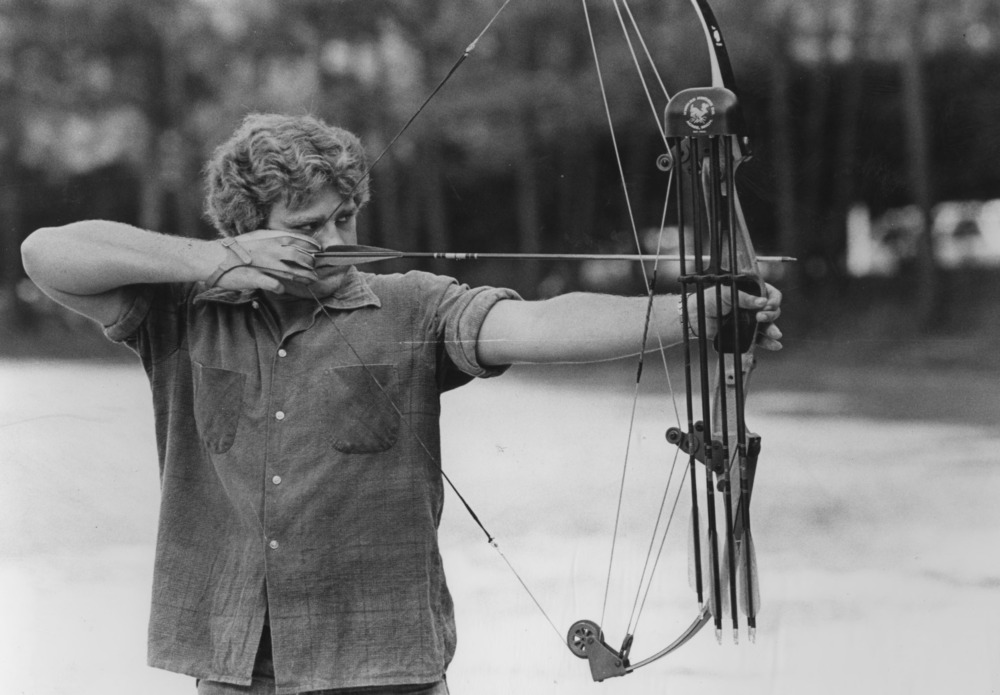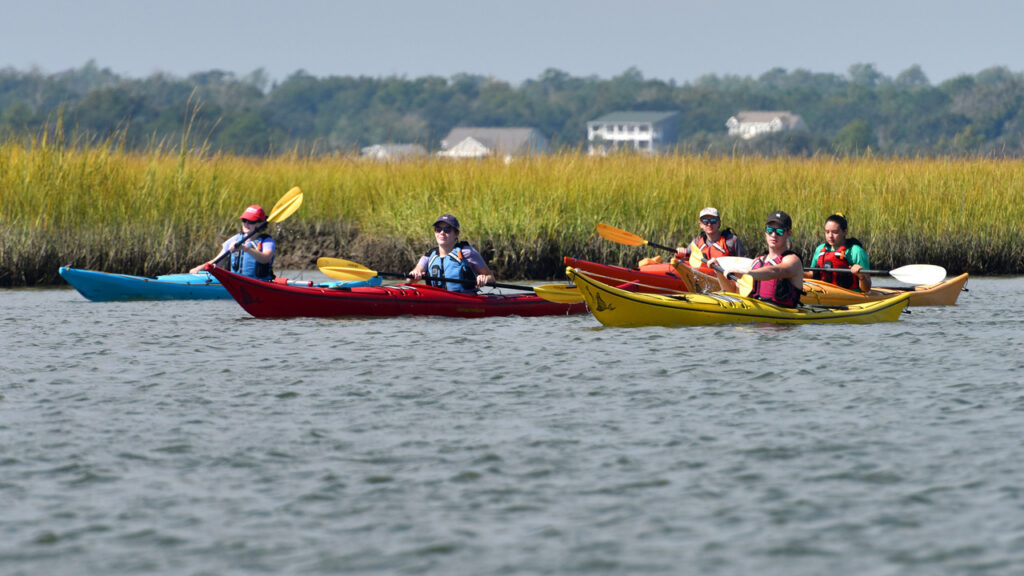HES Celebrates 100 Years of Expanding Student Opportunities

A great deal of change has come over NC State and the world around the university in the 100 years spanning 1923 and 2023.
The Internet and device on which you’re reading this story was invented, the United States had 18 presidents, NC State had 14 presidents/chancellors and three sets of school colors, and Norm Sloan and James T. Valvano both brought the men’s basketball program national championship glory.
To endure, change, adapt and improve over a time span that vast is an impressive feat, but that’s exactly what the NC State Department of Health and Exercise Studies (HES) has accomplished. The department changed leaders, names, facilities, organizational structure and more many times during that span, but, in some form or fashion, has been a staple of the university throughout.
As HES celebrates its 100th anniversary throughout 2023, long-time faculty including Peggy Domingue, who’s been with the department for 31 years, feel fortunate to get a chance to witness and commemorate so much history.
“I think it’s a tremendous honor to still be a part of the program and that I’m here during the 100-year celebration,” Domingue said. “To see the changes and the amount of progress from not only the department but the university has been very overwhelming at times.”
Change and Growth
HES, which was established in 1923, has seen a slew of name changes and 12 department heads over the past 100 years.
While significant, those transformations are only a small piece of the full story of HES at NC State. Chief among the developments are the myriad courses and opportunities open to students.
In 1924, a two-year physical education requirement consisted of two courses (PE 101 and 102) for freshmen and sophomores, and PE 120, an elective for juniors and seniors. For several years, there was a four credit hour requirement, which included PE 100 and three other courses.

Fast forward to the present day, and NC State requires each student to take two HES credit hours – one 100-level course and one 200-level course – for graduation.
There are currently 15 100-level courses and dozens of 200-level courses available. The 100-level courses focus on fitness, while examples of the 200-level courses include team sports, swimming, target archery, outdoor adventures and leadership, and many more.
“I think one of the biggest things that makes this program special is the wide volume of opportunities that we offer folks here,” said Terry Dash, who’s been with the department for 29 years. “They can do everything from water aerobics to golf, badminton and white water rafting. They get an opportunity to experience everything they want.”
Another key area of change and growth for HES over the years is its level of diversity and inclusion, alongside the university as a whole and the wider world.
In 1962, the department began offering women-only classes, and in 1980 all classes became co-educational.
Beth Wright Fath, who was HES’ department head from 2018-22 is an associate department head in the Department of Performing Arts and Technology, said when she left her role as department head, HES’ faculty population was roughly 49% female and 25% BIPOC.
“I think it’s important because it’s reflective of how NC State has grown,” Fath said. “It’s important to have that kind of representation, because it is the one department that every undergraduate student has to go through to graduate. If people don’t see themselves in the department, they may feel less welcome.”
HES at NC State Is Special
A long-standing HES program at a major public university is not unique to NC State, but there is plenty that makes the HES experience at NC State one that stands apart for college students.
Several long-time faculty pointed to the different minors offered by the program. The first minor developed was Coaching Education in 1989, and HES currently offers four minors – Coaching Education, Health, Outdoor Leadership and Sports Science. In addition to allowing students to explore their passions, those minors can send students into their various career paths with more well-rounded backgrounds.
“The coaching minor program, we work with education students who are actually going to teach in an elementary school or middle school,” said Joy Kagendo, a 25-year faculty member. “It’s really important for them to have that coaching minor, not just as teachers, but actually making it so they can become coaches as well. And with the health minor, they’re actually able to teach health courses, not just regular courses.”
Rasul Mowatt, current interim department head of HES, has also worked at Illinois and Indiana, and is heavily familiar with the physical education departments at Penn State, Clemson, Florida International and Texas A&M.
Mowatt said the two aspects that stand out for him are the support of the North Carolina legislature in mandating HES courses as a graduation requirement, and also the wealth of learning opportunities for students.
“That allows for recreational offerings that are not for class credit to be something that students just do for fun,” Mowatt said. “Here at NC State, you have that, but then you also have the opportunity to learn. It’s one thing to go to the gym and get a personal trainer. It’s a whole other thing to have somebody teach you about weight lifting over the span of a semester.”
Mowatt also spoke to the importance of HES classes for college students not just from a physical health standpoint, but as a stress reliever for improved mental health, a sentiment the veteran instructors agreed with.
Through the ‘Take Eight at State’ program, several students take an HES class every semester.
“The goal with that is just for it to be a diversion from their academic activities and give them a chance to think about nothing other than hip-hop dance, shooting target archery, playing ultimate frisbee, water aerobics, whatever,” Dash said. “So it’s a great diversion for them to find something they might want to continue to do later on in life as a recreational or fitness opportunity. And it’s a great opportunity to not have to think about class for 50 minutes twice a week.”

Program Highlights
Several long-time faculty members reflected on their favorite aspects of NC State’s HES program.
Domingue, who taught HES’ first distance education course (Aerobics and Body Conditioning) in 1993, spoke of witnessing all of the technological advances over the past few decades reflected in the department’s courses, and the opportunity to learn and grow as an instructor.
“Meeting so many different students and being able to teach so many different classes throughout the years has provided constant motivation,” Domingue said. “I don’t ever feel like I’m doing the same thing over and over or I don’t ever feel like I’m in a rut in my teaching because I have to change. I have to keep up with technology.”

For Randy Bechtolt, whose primary focus has been teaching team sports courses over the past 30 years, it’s about the opportunity to watch students strive to achieve their personal goals for success.
He also enjoys watching students build friendships and relationships in his classes.
“It’s an opportunity for students to interact with each other more than in some of the other classes,” Bechtolt said. “I just ran into a former student from four years ago at an NC State football game. We didn’t talk that much in class, but he told me that he met his friends in my class, and some of them are still his best friends today. I think that happens a lot where sometimes you meet friends for life.”
Ultimately, the best part of teaching in HES for many of the faculty is having their own opportunity to meet and build relationships with a wide variety of students, and watch them grow as they try new experiences.
“My favorite part was, as a faculty member, getting to interact with so many different types of students,” Wright Fath said. “When you’re a student here, you interact mostly with your cohort, so you don’t really see as many different types of people as you might. I’ve taught yoga, pilates and dance classes to people who are in the NFL or played professional softball, people who have been to the Olympics and people who are in ROTC. You get this wide swath, and I think that’s really a special thing.”
For more about the history of HES and to purchase a commemorative throwback physical education t-shirt, visit hes.dasa.ncsu.edu.